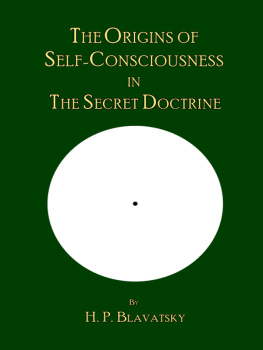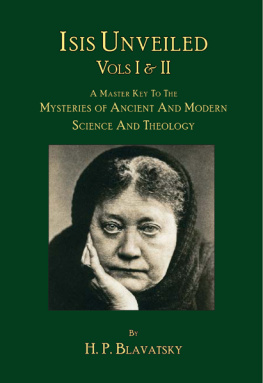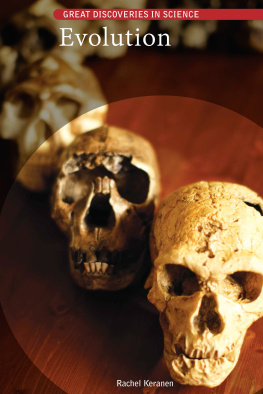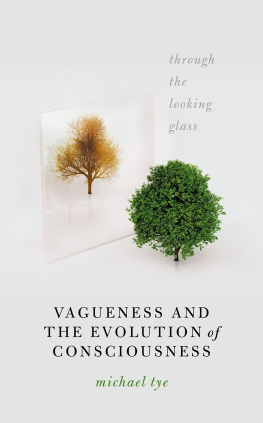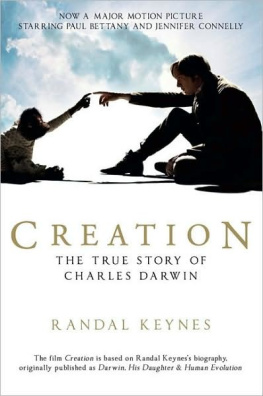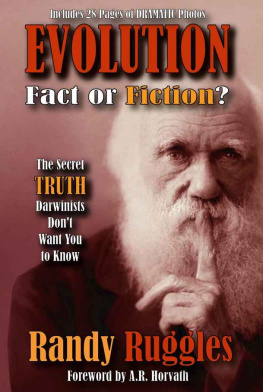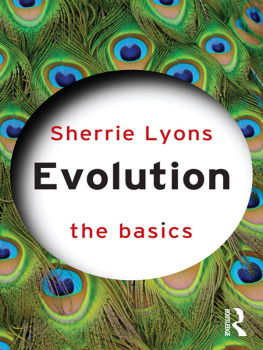THE ORIGINS OF
SELF-CONSCIOUSNESS
IN THE SECRET DOCTRINE
BY
H. P. BLAVATSKY
COMPILED BY
THE EDITORIAL BOARD OF THEOSOPHY TRUST
THEOSOPHY TRUST BOOKS
WASHINGTON, D.C.
The Origins of Self-Consciousness
inThe Secret Doctrine
Copyright December 21, 2008 by Theosophy Trust Books
All rights reserved. No part of this book may be used orreproduced by any means - graphic, electronic, ormechanical - including photocopying, recording, taping orby any information storage retrieval system without thewritten permission of the publisher, except in the case ofbrief quotations embodied in critical articles and reviews.
Theosophy Trust books may be ordered through Kobo
Publishing, BookSurge, Amazon.com, and other
booksellers, or by visiting:
http://www.theosophytrust.org/online_books.php
Published in the United States of America
eISBN 978-0-9793205-8-3
eISBN 0-9793205-8-5
Library of Congress Control Number 2008942725
Dedicated to
all those students of Theosophy who find
The Secret Doctrine daunting
but whose desire to learn from it
yet remains undaunted
CONTENTS
Theosophy is the English name given to the current expression of the Eternal Teaching; in Sanskrit, it is called the sanatana dharma; in Greek, it is theosophia. In any language, it is the knowledge and wisdom that underlie the universe, which has always existed but which becomes manifest as human awareness is prepared for it. All the great religious traditions, past and present, have drawn this wisdom from the same well, and all mirror more or less its vast content. Like ocean waves breaking upon a shore, some of this Teaching is as apparent as it is true, but, like the ocean whose depths even now have not been fully explored, much is hiddenoccultbeyond the shore's watery horizon. A more public awareness of Theosophythe expression we have todayemerged in the latter quarter of the Nineteenth Century because human understanding was ready to give it fair consideration, and because it was needed to counter tendencies in human thought that threatened to bury it in misunderstanding, confusion and delusion.
In the West, and then across the world as imperial civilization intruded into Africa, the Americas and Asia, the rise of theoretical and empirical science opened the doors of understanding human beings and the universe in which they live. Though Copernicus challenged the absolute authority of religious institutions to decree the nature of the world, the rise of experimental and theoretical science in the Seventeenth Century launched a tidal wave of discovery that has continued down to the present and promises to continue without end. This breakthrough liberated human consciousness to reconsider everything humans thought they knew about themselves and the world. As with all new opportunities, the possibility of creating new forms of ignorance arose with that of gaining new understanding.
Both theoretical and empirical science flourished in the Nineteenth Century, helping to make possible the emergence of Theosophy as we know it. But a shadow also emergedlifeless materialismfrom two different sources. Titanic thinkers like Sir Isaac Newton showed that it was possible to learn a great deal about the physical world without having to invoke some idea of God as part of the explanation.
Curiously though, Newton himself thought that he was showing how God operated the universe, but his Principia explained gravity without including Deity in the equations.
The second source was an analytic empirical method that provided stunning results, reducing complex mattersobjects, for example, and later, energiesto their simplest components to understand how they are built up out of them. The discovery of elements, and then atoms, and the joining of electrical phenomena and magnetic phenomena into one set of equations, were triumphs of human understanding that would have boggled earlier minds. But the dark shadow of this method was a reductionism that was soon converted into a metaphysical view of the nature of reality. The success in understanding the material world became an ontological commitment to the view that the material world, alone, exists. Had the profound exploration of consciousness found in ancient Hindu and Buddhist texts been better understood in the West, this unjustified leap from method to worldview might not have occurred. But it did, and it obscured any deeper understanding of consciousness itself, in part through not considering it at all for some time, and then by addressing it only by reducing conscious states to brain states. From another standpoint, this view held that subjectivity could be reduced to objectivity, a philosophical blunder that only in the last few decades has been tentatively explored by philosophers.
Theosophy, the Wisdom Religion, teaches that the Eternal Doctrine is never completely lost in the world. There are those who, having gone deep into the ocean of wisdom, maintain that knowledge, which, indeed, is writ into the very nature of the cosmos. Called Masters and Mahatmas ("Great Souls"), they share that wisdom as it is possible to do sogiven the conditions that humans make for themselves sometimes by inspiring a lone voice, sometimes by affecting the mind set of an age, sometimes through movements, communities and cultures open to spiritual understanding.
By the latter part of the Nineteenth Century, a Maha-Yogin of such extraordinary wisdom and insight that he is known simply as the Maha Chohan (and of whom another Mahatma once wrote), "... to whom the past, present and future lie like an open book," declared in 1881: "It is time that theosophy should enter the arena."
Guided by these great beings, Helena P. Blavatsky founded the Theosophical Society in 1875 and published The Secret Doctrine in two volumes in 1888. The selections that comprise this book, The Origins of Self-Consciousness, are drawn from that great work. Using ancient texts as well as works by then-contemporary scientists and thinkers, she sought to counter the dark and destructive shadow of materialism by explaining the vast range and depth of Theosophy in a contemporary idiom. As she herself states, there are presently limitations of language and thought that prevent saying everything, but much can be said that can be understood by the earnest student of the subject.
As she makes clear early in The Secret Doctrine, the foundation of all Theosophical Teaching consists of two fundamental ideas: karma and reincarnation. And the whole of the two volumes seeks to show how spirit and matter lie on a continuum. They are not two different substances, as Descartes thought, but necessarily intermingle at every point and on every level of the cosmos. Spirit manifests as consciousness in matter, but how it manifests depends upon the nature of the matter present. It is only in the human being that consciousness can emerge as self-consciousness, and so the human being is the pivot between unconscious nature and divine spiritual reality. Given the two fundamental ideas of karma and reincarnation, the whole of existence is evolving toward this state of self-consciousness and beyond it to those states never fully characterized though pointed to by honoring the Mahatmas and by using terms like 'Enlightenment.' And beyond that?
As the Buddha said, some questions do not tend towards edification.
Our answers to this question will always be woefully inadequate to the point of simply being wrong.
The cosmos is presented as a vast hierarchy of unfoldment as matter evolves into support for more explicit and higher degrees of consciousness, and spirit moves into, indeed impels, that evolution.
The whole of cosmic history, going back much further than current estimates of the age of the universe (which is only the age of the material universe as we presently understand it), is one long involution into consciousness and matter, variously manifested over time, and a gradual evolution of consciousness into ultimate realization.
Next page
